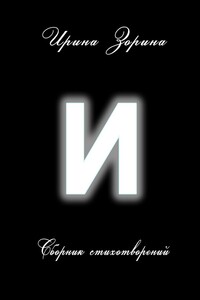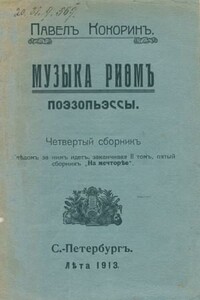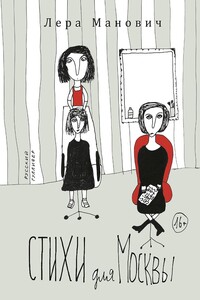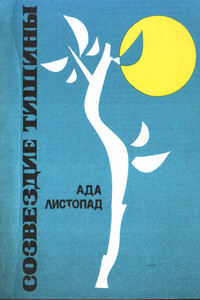A moongate in my wall: собрание стихотворений | страница 13
Compassion is powerfully expressed in the poem "Zhena Lota" (Lot's Wife), written in two versions, first in Russian and a year later in English. The theme had already been explored by Anna Akhmatova in her 1924 poem "Lotova zhena" (Lot's Wife), where Lot's wife becomes an image of an exile, ready to give her life for her loyalty to the past. Mary Vezey gives her last glance a different interpretation: Lot's wife tells how, unlike her "God-fearing and brave Lot," she ("And I–I am a woman,") could not walk away without looking back. For her, "sweet was the knowledge, even for a moment, / that at least one, perhaps an enemy or a friend, / on the brink of death, in semi-consciousness, felt the final farewell, / having seen the tremble of my powerless arms" (poem 377). The English poem (poem 533) expresses this with an even greater power and clarity:
Loneliness is another key theme; "and no one will hear your voice in the night, / whether you shout or not" (poem 223).[41] Her third collection ends with a poem which says in part: "How frighteningly lonely we are in this world! / In a crowd of people such as us / we wander like lost children, / over the precipice of despair and darkness. / We are fated to face the solitary absence of a path/and an occasional impotent sadness…" (poem 244). Death condemns the living to loneliness; "You have left this world… but where to?/The earth is covered with darkness./(…) What am 1 going to do now / on my cold earth?" (poem 453). She sees her own death as sailing away: "My ship will depart in the same way / for unknown seas, in a desolate night,/and there will be no lighthouse on the rocks,/and not a single star will shine/in the sky, but the helm will turn quietly,/and the hum of the earth will grow quiet behind the stern" (poem 335). This last voyage will lead to those who have already left: "There we'll furl our sails. / The morning of meetings is not tar away!" (poem 457). An angel from an early poem who "opened the black gates of the quiet night" and "sad, sad, stood on guard" (poem 332), appears as a welcome image in one of the last poems: "the quiet angel over my shoulder / unlocks the door with his key, / and I enter where 1 need to / and find those I need" (poem 491).



